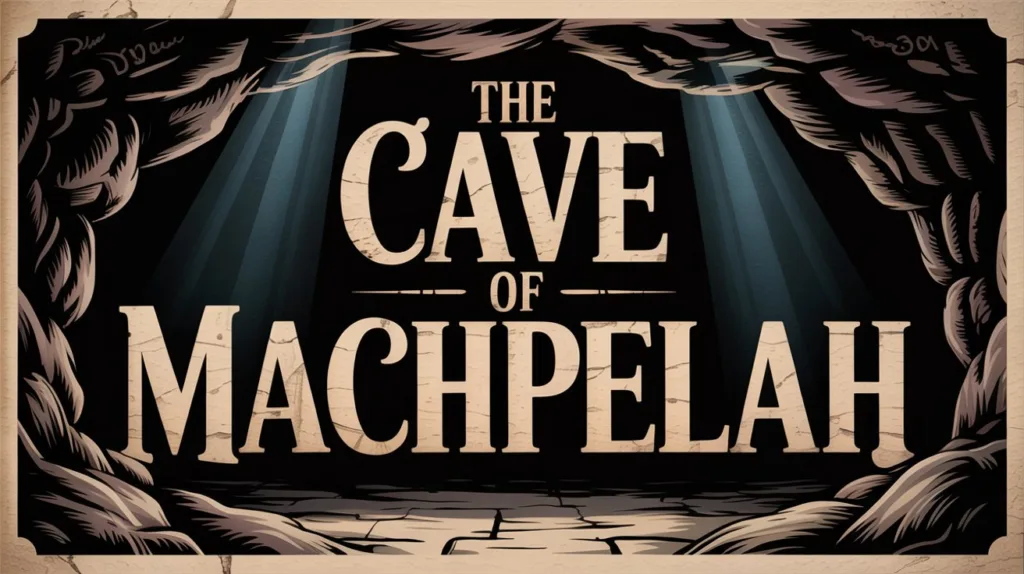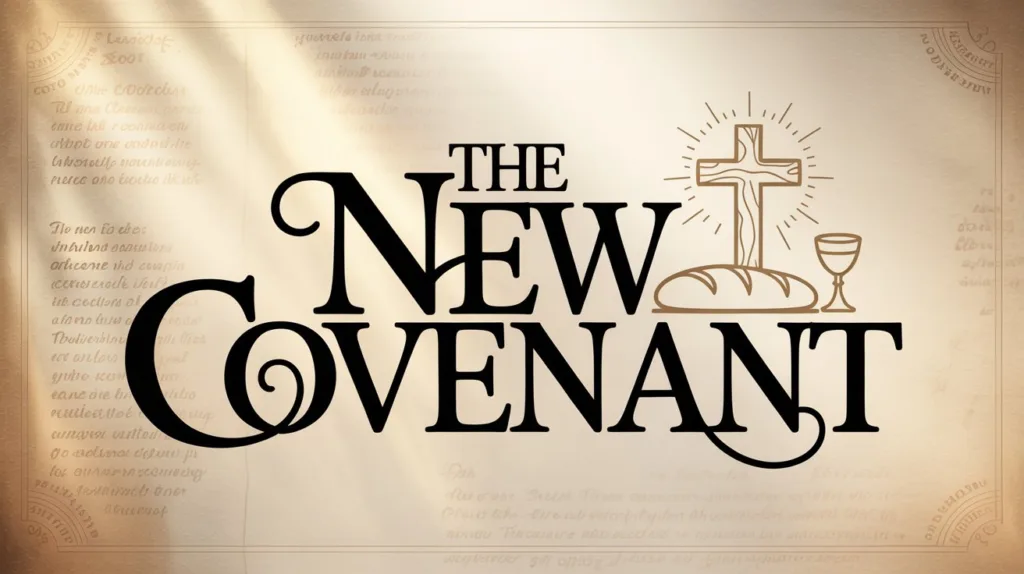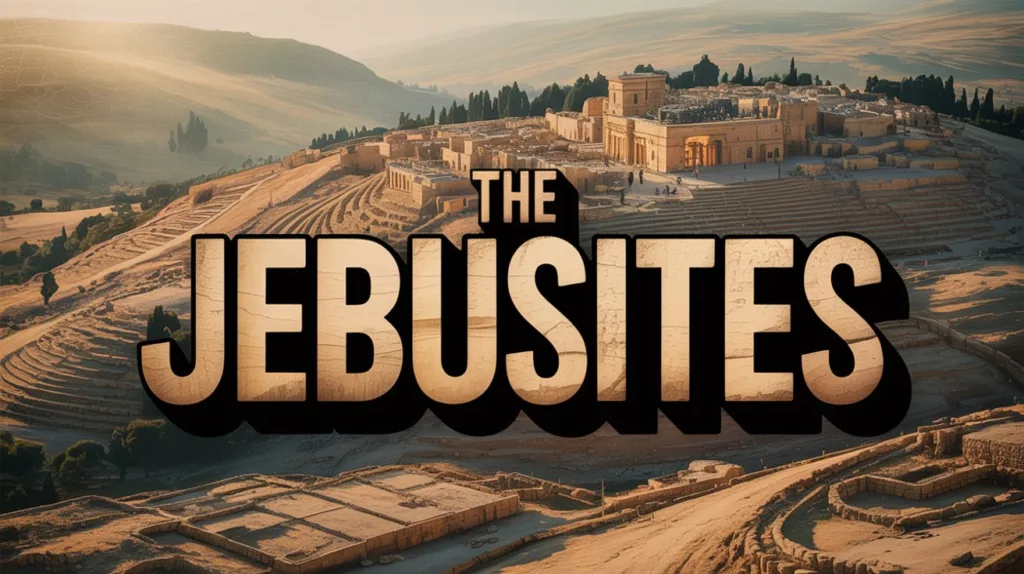Bethel: From the House of God to the Heart of Worship
Bethel, meaning “House of God” in Hebrew, appears repeatedly in Scripture as a place of divine encounters, covenant renewal, and both faith and failure. It becomes a recurring symbol of worship, promise, and God’s presence. Let's explore the significance of Bethel...










